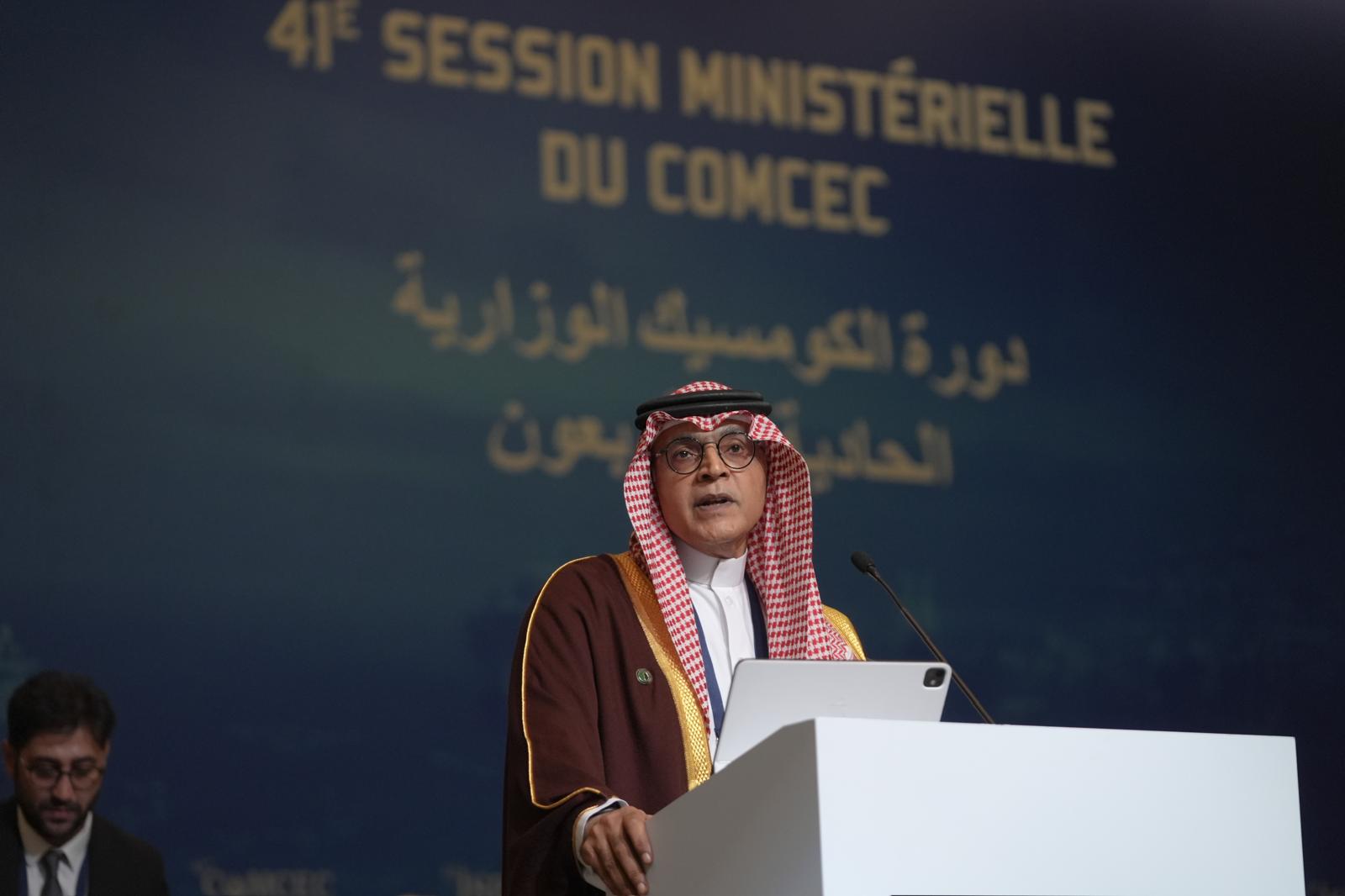President of the Islamic Chamber of Commerce and Development, Abdullah Saleh Kamel, emphasized that the halal economy now stands as a vital foundation of the global Islamic economic framework, complementing Islamic finance as its second essential pillar. Speaking at the 41st session of the Standing Committee for Economic and Commercial Cooperation (COMCEC) in Istanbul, inaugurated by Turkish President Recep Tayyip Erdoğan, Kamel called for restructuring the global halal system to unify legislation and institutions across nations. The event gathered ministers, senior officials, and representatives from Islamic and international organizations, underscoring its global importance. Kamel’s address set the tone for broader economic cooperation among member states.
He explained that the halal concept transcends religious observance, forming a holistic global economic system grounded in moral and divine principles. As global demand for ethically responsible products grows, Kamel noted that the halal sector continues to gain momentum and recognition worldwide. He pointed to Saudi Arabia’s pioneering role in this transformation, especially through initiatives like the Public Investment Fund’s creation of a specialized company for halal development. This move, he said, represents a significant step toward redefining global halal standards and elevating the Kingdom’s economic influence.
Kamel also expressed appreciation for Saudi Minister of Commerce Majid bin Abdullah Al Qasabi, whose consistent support has strengthened projects such as the upcoming Makkah Halal Forum. The forum is envisioned as a global hub connecting policymakers, investors, and experts to advance innovation and integration within the halal industry. Through this platform, the Islamic Chamber aims to unify standards, foster cooperation between public and private sectors, and drive global marketing for halal products and finance. These steps align with Saudi Arabia’s broader vision to position Makkah as the heart of the Islamic economy.
In conclusion, Kamel highlighted the Islamic Chamber’s 2030 strategy, which seeks to deepen integration among Islamic nations by empowering the halal and Islamic finance sectors. He urged OIC member states to invest in youth and human capital as catalysts for sustainable progress. Kamel affirmed that the halal economy will be the driving engine of future growth for the Islamic world. He stated that this vision represents not only economic empowerment but also moral leadership in shaping a more ethical global economy.
Alexander Jason – Redaksi



